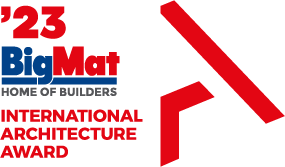Focusing on seven distinct hydrogeographies, Fertile Futures commissions young architects, in collaboration with experts from other areas of knowledge, to present propositional models for a more sustainable tomorrow, in non-hierarchical cooperation between disciplines, generations, and species.
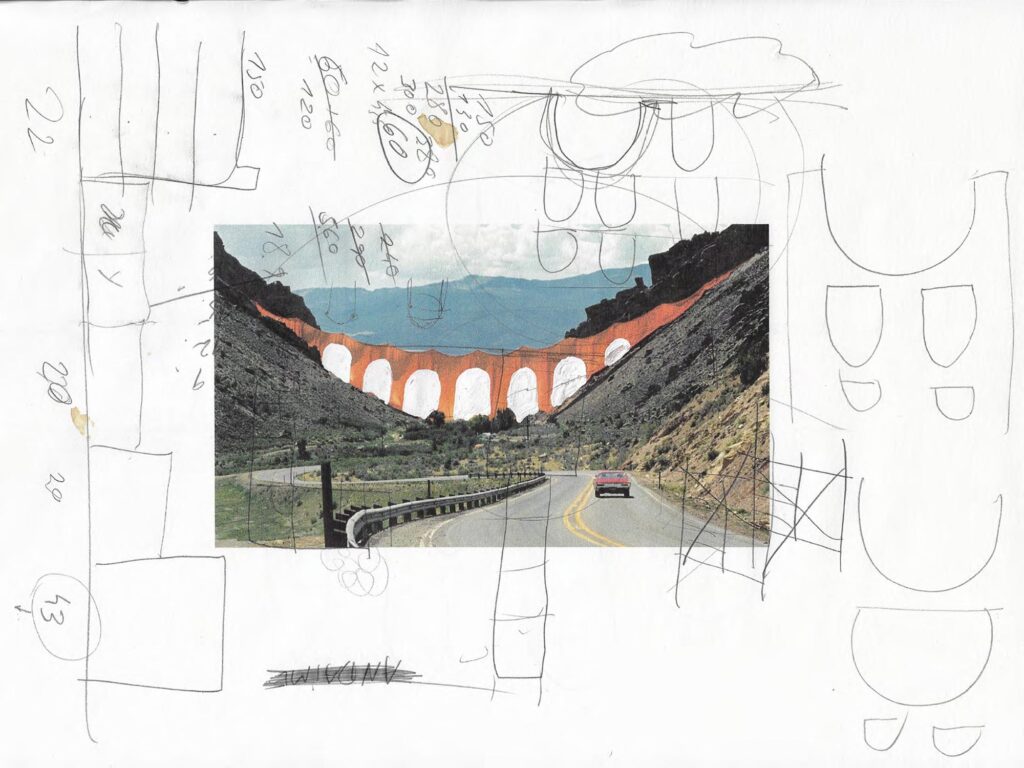
A vital element for human and non-human species, as well as a metaphorical and emotional element, fresh water is simultaneously political and economic. Therefore, it is urgent to have a public discussion about the protection, management, and future of this natural resource. These are global issues with dramatic manifestations in different areas of the Portuguese territory.
Practical info
“Fertile Futures”
May 20 – November 26, 2023
La Biennale di Venezia 2023, Palazzo Franchetti
S. Marco, 2847, Venezia VE
Italy
The seven case studies exemplify the anthropocentric action on finite natural water resources, namely: in the Tâmega Basin; in the International Douro; in Middle Tejo; in the Alqueva Reservoir; in the Mira River; in Lagoa das Sete Cidades; and in Madeira’s Streams.
Fertile Futures advocates the pertinence of architecture’s role in designing a collaborative, decarbonised, and decolonised future, based on a heterogeneous approach, open to experimentation, dialogue, and joint reflection, focused on the reality of the Portuguese territory.
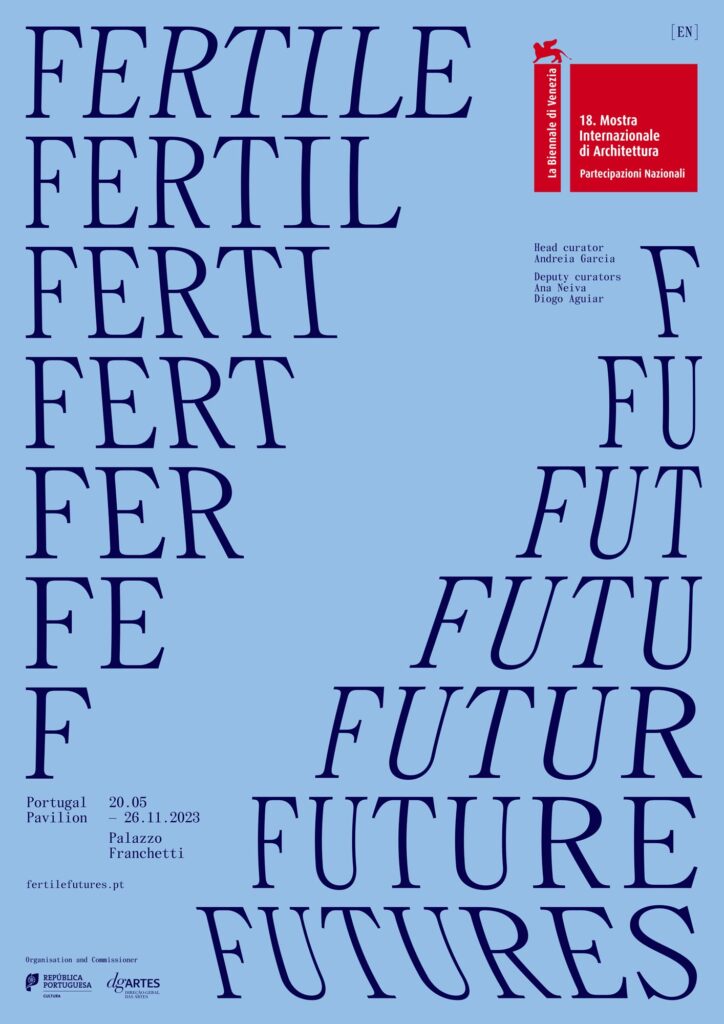
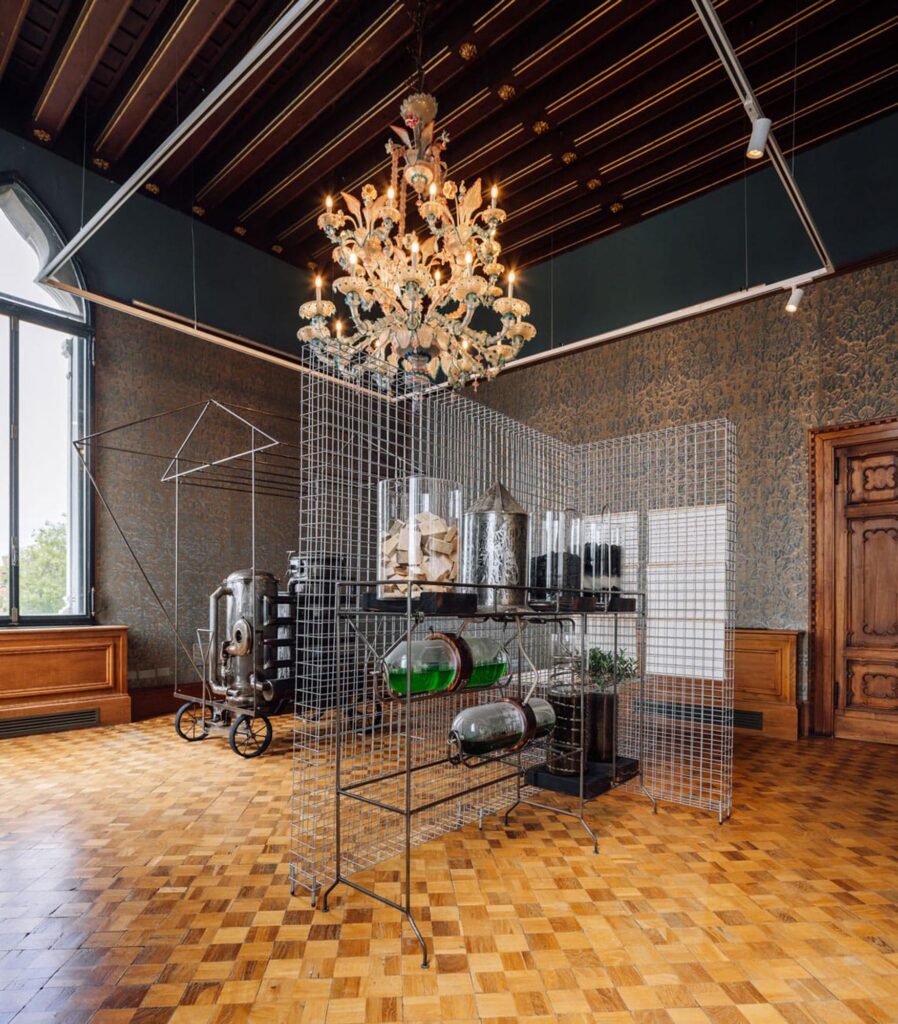
The Official Portuguese Representation at the 18th International Architecture Exhibition – La Biennale di Venezia 2023 presents Fertile Futures, a project curated by Andreia Garcia and deputy curators Ana Neiva and Diogo Aguiar, which focuses on the problems of water resources in seven Portuguese hydrogeographies, to stimulate thought about a fertile, sustainable and equitable future. Commissioned by the Directorate-General for the Arts, the exhibition Fertile Futures will be presented between May 20 and November 26 2023, at Palazzo Franchetti, in Venice.
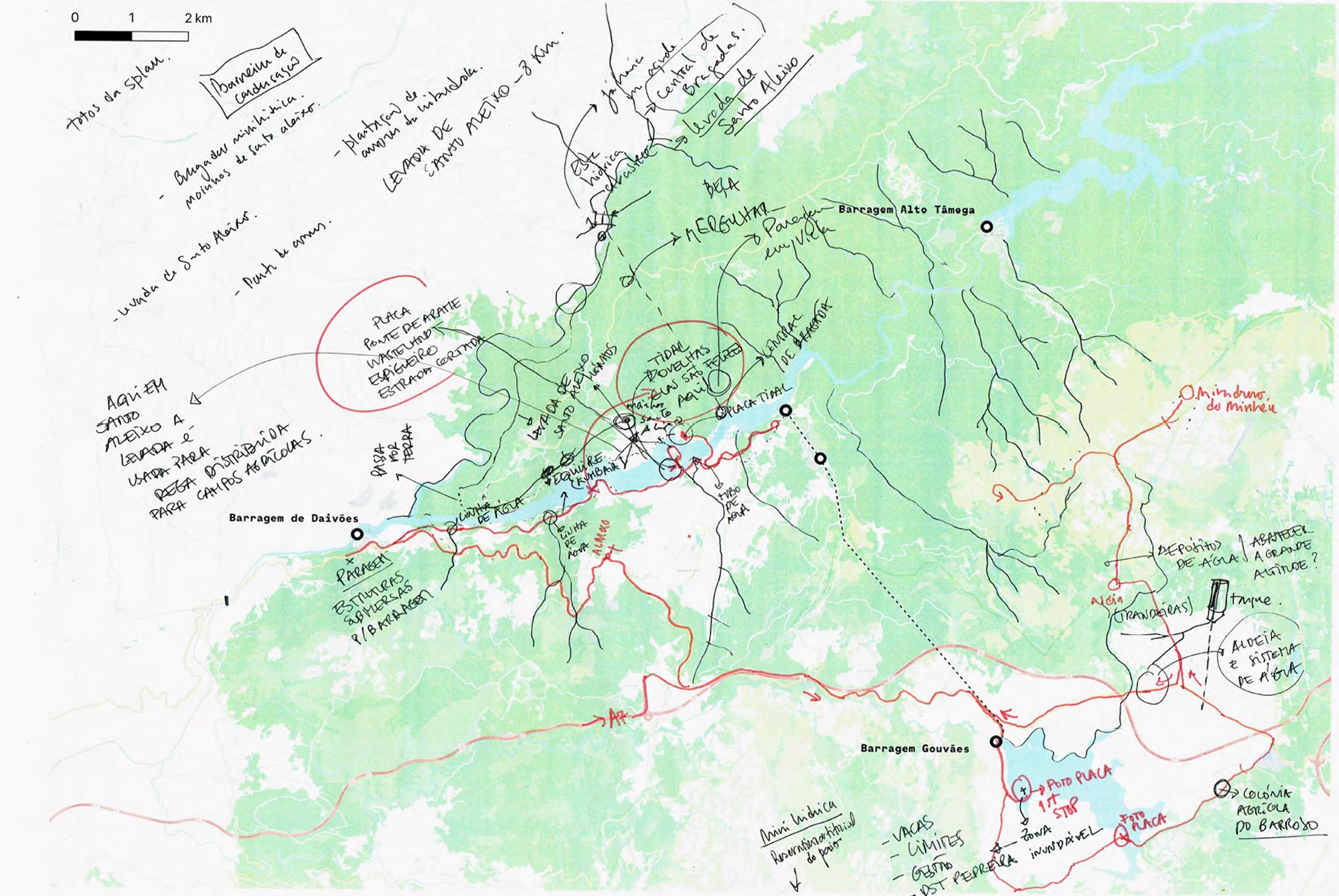

As a vital element for human and non-human species, but also metaphorical and emotional, freshwater is simultaneously political and economic, which is why public debate on the protection, management and future of this natural resource is urgent. These are global issues with dramatic manifestations in specific distinct areas within Portuguese territory. Focusing on seven hydrogeographies, Fertile Futures commissions young architects, in collaboration with experts from other areas of knowledge, to present models for a more sustainable future, in a non-hierarchical cooperation between disciplines, generations and species.
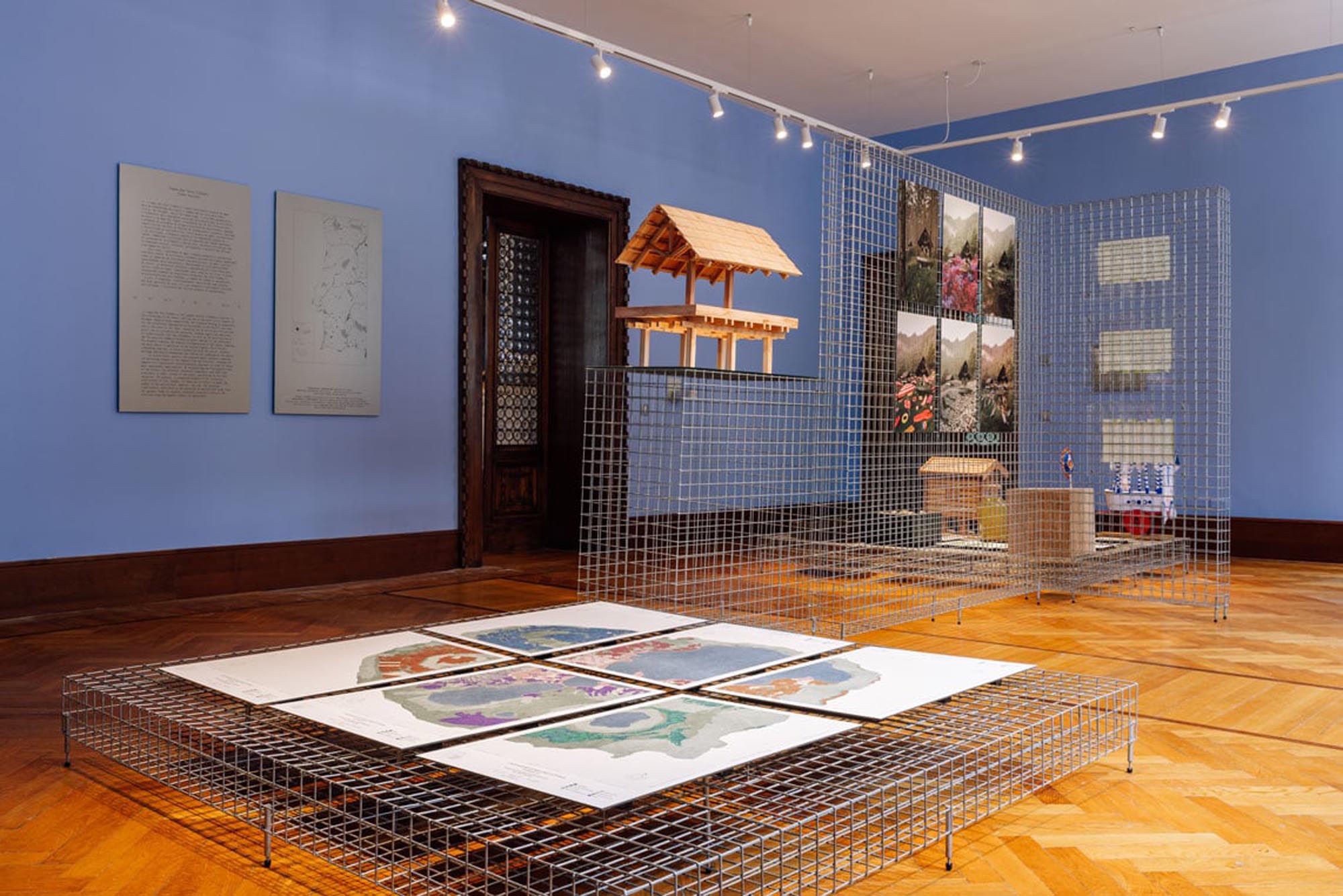
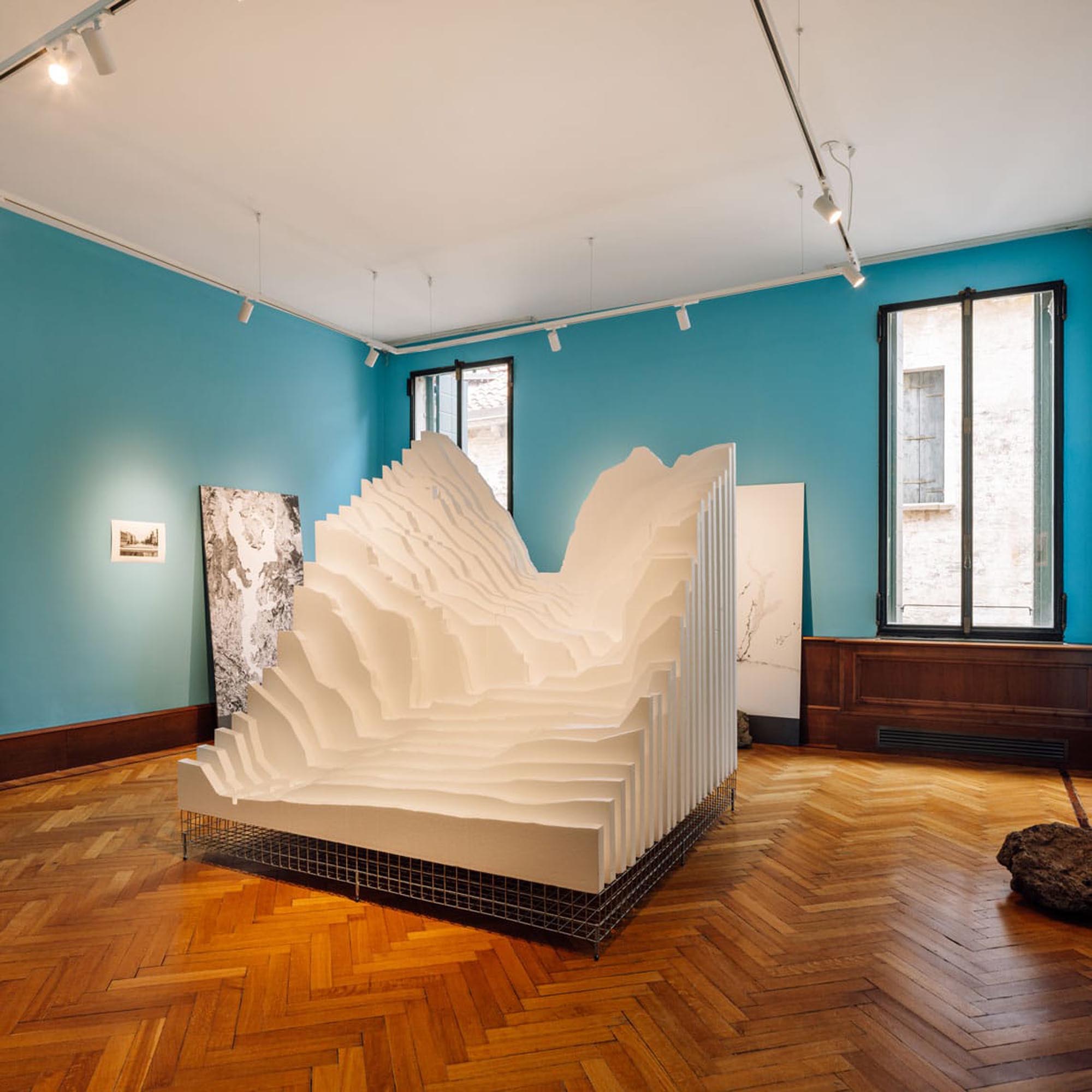
The seven cases under study exemplify the anthropocentric action on water, natural and finite resources with implications for the Tâmega Basin; the International Douro; the Middle Tagus; the Alqueva Dam; the Mira River; the Lagoa das Sete Cidades; and the Madeiran Rivers. The production of unpublished content, based on the strategic complementarity between practice, theory and teaching in architecture, defines the tripartite approach to experimentation and reflection that focuses on the reality of the Portuguese territory.
Fertile Futures involves new generations in the development of solutions for future reservoirs and defends, between Portugal and Venice, the relevance of the contribution of architecture in the redesigning of a decarbonized, decolonized and collaborative future, thus contributing to a discussion that is common and global, in direct response to the call of Lesley Lokko, curator of 18th International Architecture Exhibition – La Biennale di Venezia 2023, whose title and theme is “The Laboratory of the Future”.
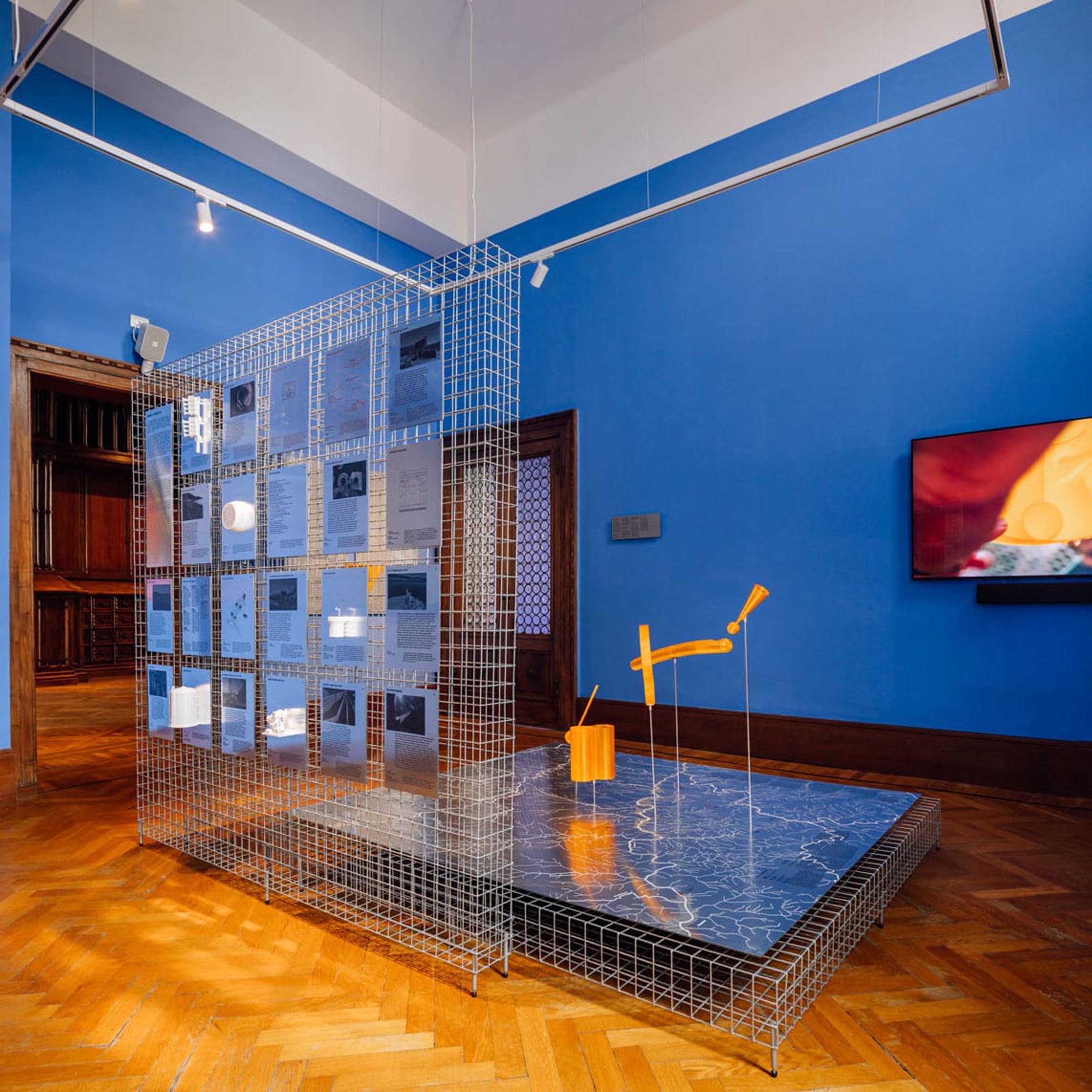
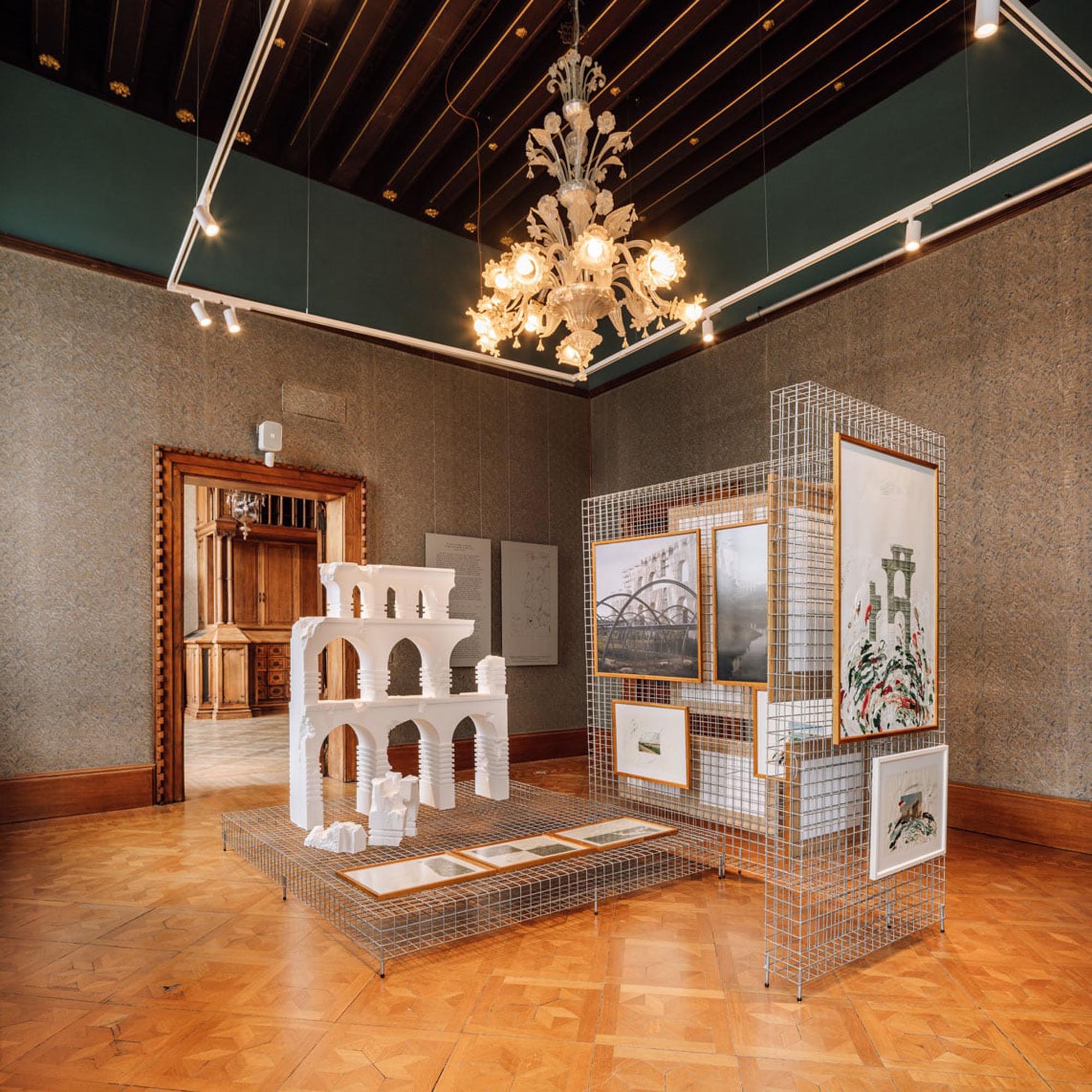
Fertile Futures expresses the understanding of “The Laboratory of the Future”, the general theme proposed by Lesley Lokko for the 18th International Exhibition of Architecture – La Biennale
di Venezia 2023, which calls for, in addition to a set of urgent i ssues, a set of how-to guidelines. “The Laboratory of the future” urges us to create, from a methodological perspective, an exploratory programme, simultaneously clear and complex, based on laboratory and collaborative dynamics.
The title of the proposal underlines the speculative character of the Representation of Portuguese Architecture, aiming to contribute to the design of fairer, more inclusive, more equitable and more diverse Futures, but also more Fertile ones, heralding a greener, more imaginative, generous, abundant, positive, productive, responsible, feminine, and plural future.
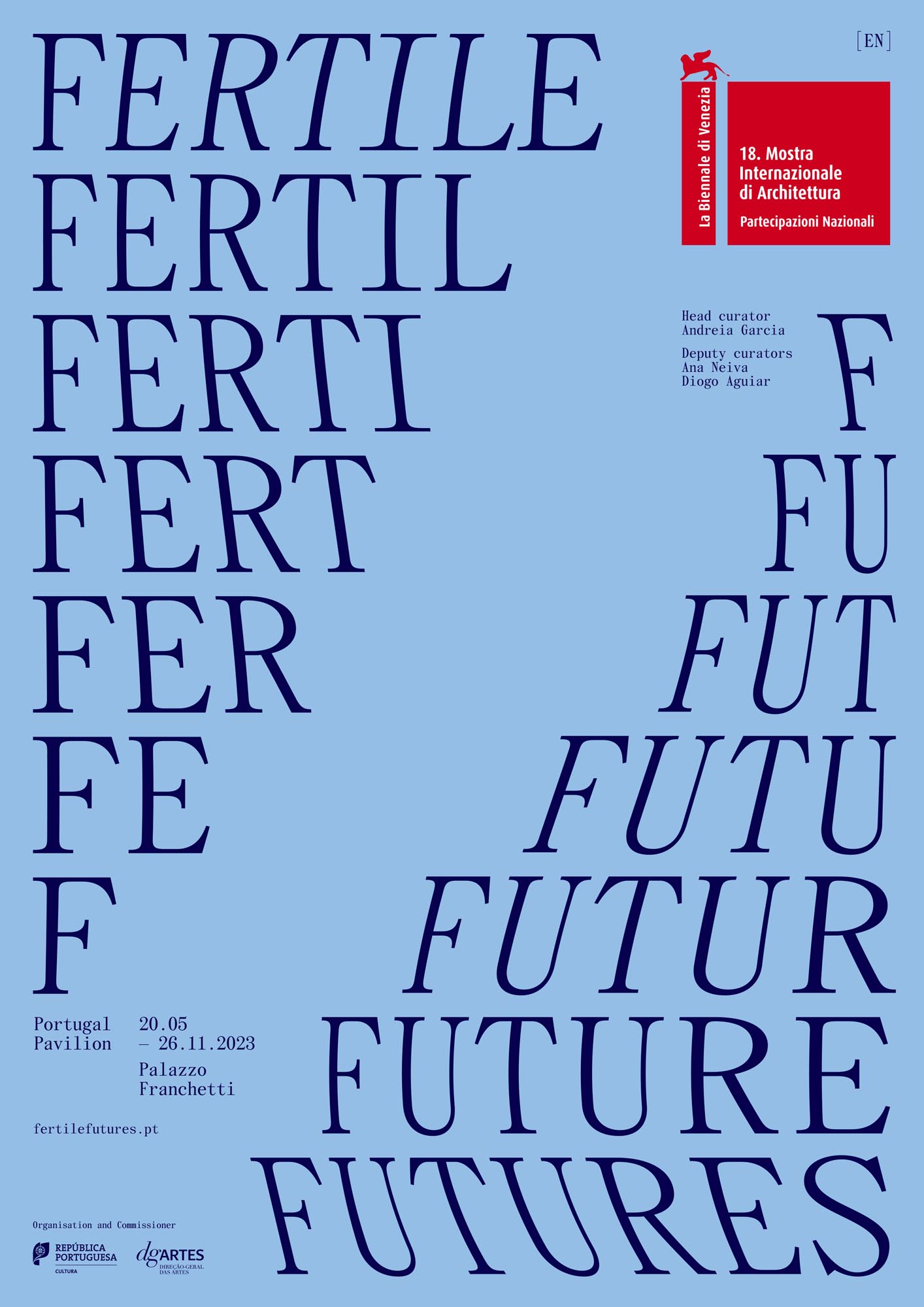
The programme proposed by Fertile Futures defends the laboratory dimension of architectural design in dialogue with other disciplinary areas, and the ability to move forward, seeking to imagine the future, requiring the contribution of multidisciplinary discourse in the design of solutions to emerging issues that tend to go beyond the singular domain of the work of architects. While discussing and proposing strategies for the management, protection and transformation of freshwater and contributing to a debate that is common and global, Fertile Futures focuses on the scarcity and management of this resource, in the Portuguese territory.
Investing in the strategic complementarity between practice, theory and teaching in architecture, a tripartite approach to experimentation and common reflection is defined: seven Hydrogeography Workshops, whose work is the body of the propositional exhibition in Venice; five Assemblies of Thought, moments of reciprocal (re)learning based on the coexistence of knowledge; and an International Summer S eminar where students collectively rehearse speculative installations.
